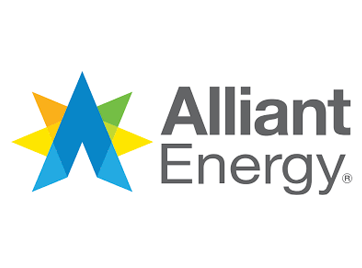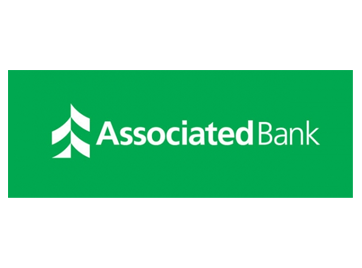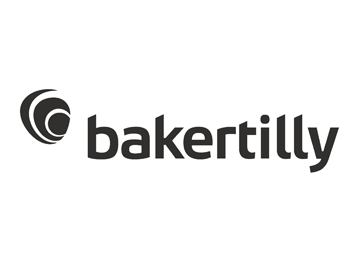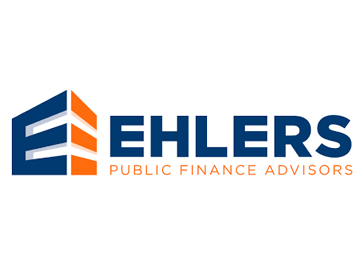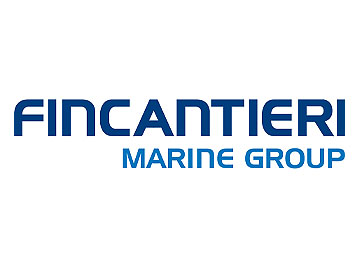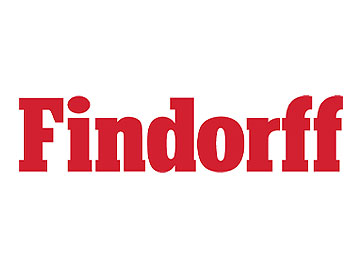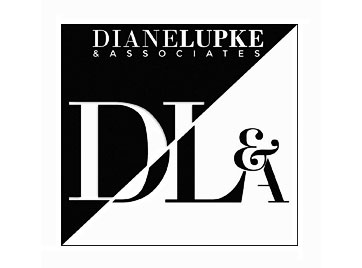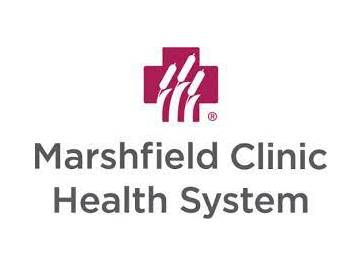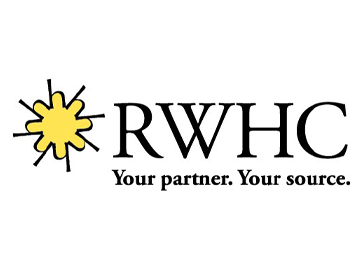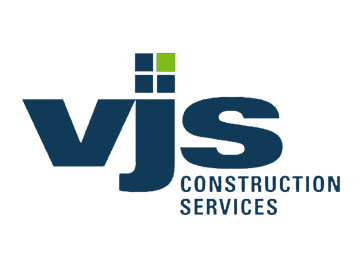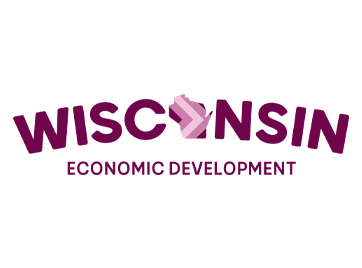Legislature’s Budget-Writing Committee Wraps-Up Public Hearings; To Begin Work on Reshaping Gov. Evers’ Budget
The Joint Finance Committee, the Legislature’s powerful budget-writing committee, last week completed the last of four public hearings across the state on the 2019-21 state budget bill (AB 56 / SB 59).
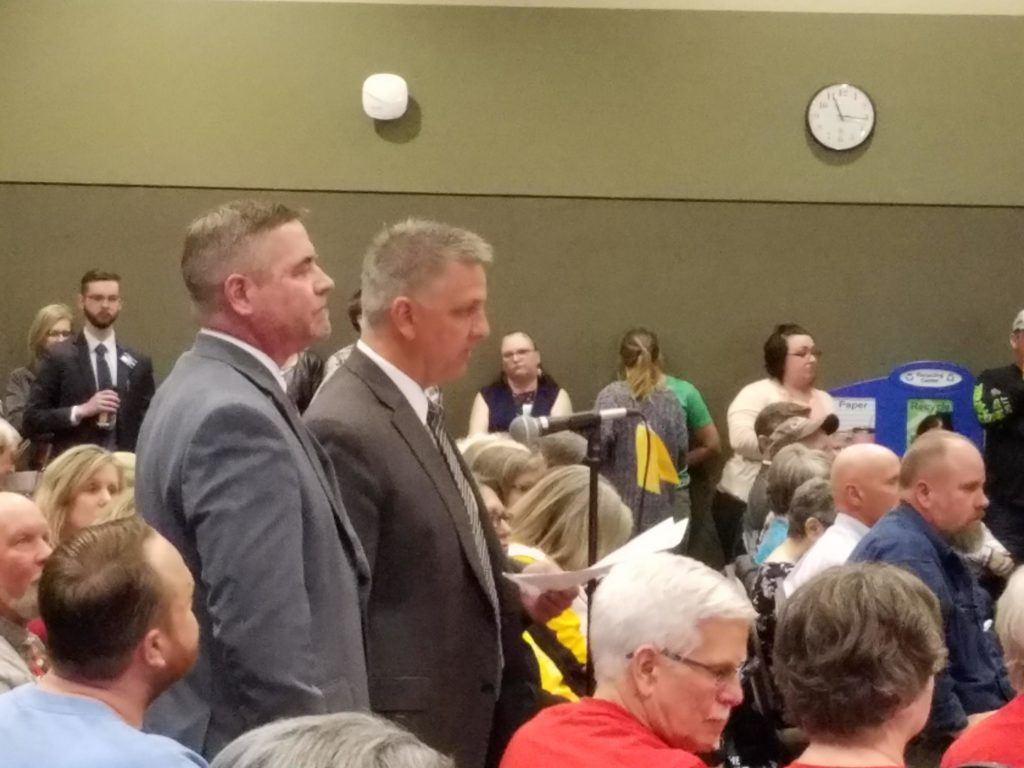
Thank you to all the WEDA members – including James Otterstein, Dan Cunningham, Patrick Schloss, Rob Kleman and Peter Thillman – who took time out of their busy schedules to testify before the committee on a handful of key economic development policies in the budget. Most importantly, WEDA
members urged the committee to remove a budget provision that would significantly limit TIF developer grants. Their commitment certainly paid off, as it appears the TIF provision will be eliminated from the budget.
Earlier this week, the Legislative Fiscal Bureau released a list of non-fiscal policy items included in the budget that the agency recommend be removed from the bill. In addition, the co-chairs of the Finance Committee issued an expanded list of all items that will immediately be removed from Governor Tony Evers’ budget proposal as part of the committee’s first action on the bill. Items to be removed that are of interest to WEDA include:
TOP WEDA BUDGET CONCERNS TO BE REMOVED FROM THE BILL:
- The provision to limit Tax Incremental Financing (TIF) developer grants to 20 percent of a TIF district’s total project costs. WEDA opposes this proposal.
- The provision to limit the manufacturing portion of the Manufacturing and Agriculture Tax Credit to only apply to the first $300,000 in qualified production income. WEDA opposes this proposal.
- The provision to cap the Enterprise Zone Tax Credit program to a total of 35 zones statewide. WEDA opposes this proposal.
WEDA will continue to closely follow the budget process and meet with lawmakers to ensure The TIF provision, MAC tax credit rollback and Enterprise Zone language remains out of the budget bill.
OTHER ITEMS OF NOTE TO BE REMOVED FROM THE BUDGET:
- The provision to require TIF project plans to contain “stress tests” in their financial projections so that local governments better understand the risks of TIF utilization if projects fail to materialize as promised.
- The provision to eliminate the Wisconsin Career Creator Program that is scheduled to provide $20 million in workforce training funding in the upcoming biennium.
- The provision to increase the minimum wage (from 7.25 per hour) to $8.25 in 2020, $9.00 in 2021, and an additional 75-cents per year in the next biennium.
- The provision to restore the state’s prevailing wage law for state and local projects of public works.
- The provision to eliminate Wisconsin’s “right to work” law.
- The provision to transfer the following grant programs from the Department of Workforce Development to the Department of Public Instruction: career and technical education incentive grants, career and technical education completion awards, technical education equipment grants, and teacher training, recruitment and development grants.
- The provision to require WEDC to post a searchable database of all final contracts and amendments to contracts on its website within 30 days of the finalization of such contracts or the amendment to such contracts.
- The provision to require WEDC to report only the creation and retention of those jobs that meet the salary, benefit and other requirements of the programs for which they are being reported.
- The provision to require WEDC to implement certain contracting requirements and underwriting review.
- The provision to close the Dark Store property tax loophole in Wisconisn. WEDA supports this proposal. Although it will be removed from the budget, a stand-alone bill has been introduced for consideration by lawmakers.
- The provision to modify the valuation factor under county and municipal levy limits to allow county and municipal governments to increase levies by the greater of the percentage change in equalized value due to new construction or 2 percent, beginning with levies set in 2019.
While removal of WEDA’s top budget concerns is great news and a fantastic start to the budget process, things can and do change as the process unfolds. The WEDA Government Affairs Team will stay vigilant as the Joint Finance Committee works on economic development-related issues. The Committee will begin voting on (and modifying) the budget bill on May 9.


